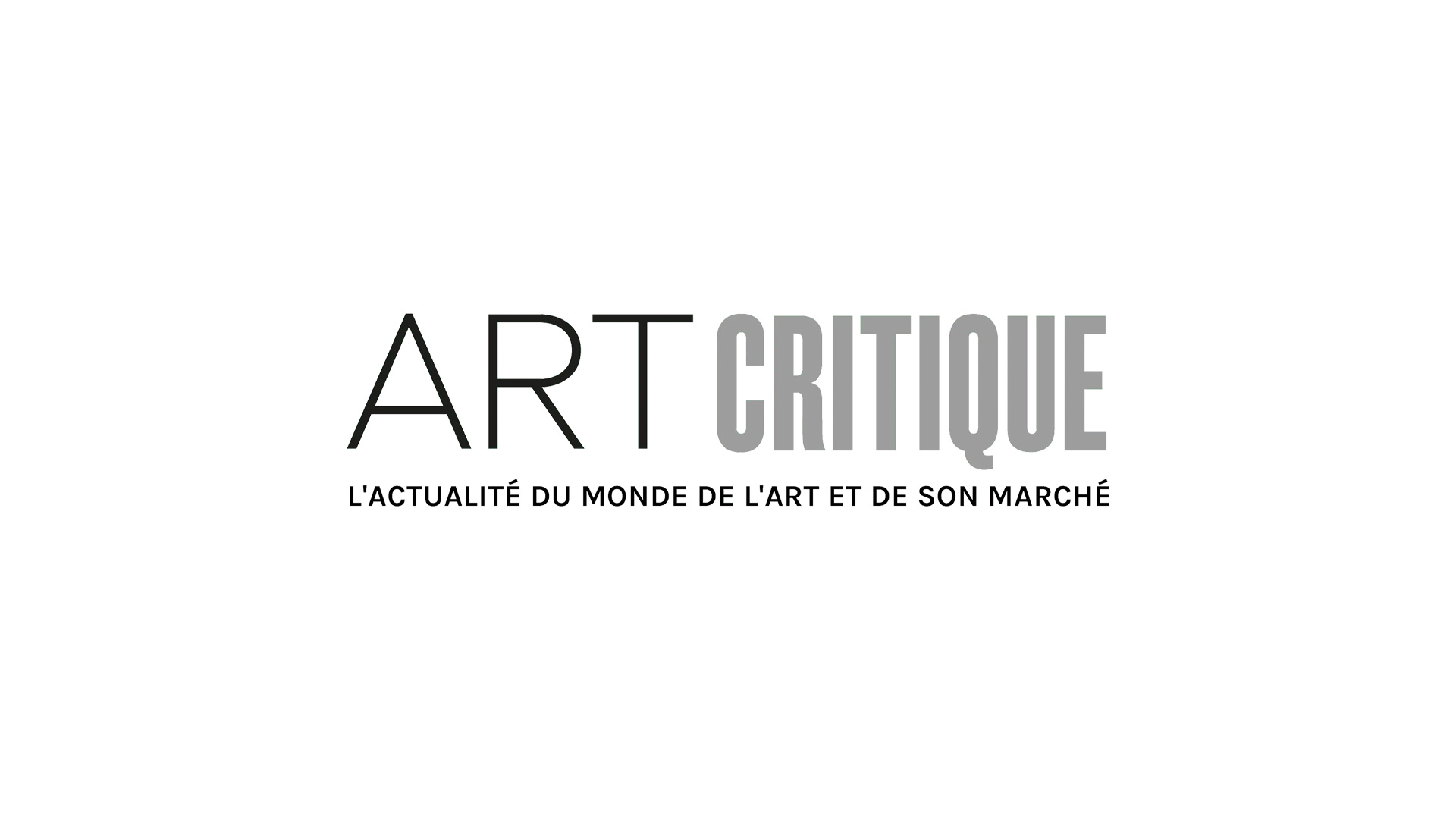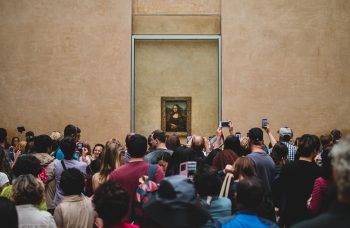A year ago, you might not have been aware of a man by the name of Mwazulu Diyabanza. But that all changed last summer when Diyabanza made a name for himself as a repatriation activist with one singular protest.
By now, you’re probably familiar with the story. On June 12th, 2020, Diyabanza and four friends bought tickets and entered the Musée du quai Branly in Paris. Soon after entering the museum, Diyabanza was making an impassioned speech on repatriation and the need to return the thousands of cultural objects held in European institutions. He then pried a funerary post free from its mount and headed for the door. The entire event was filmed by his friend and when the police arrived, Diyabanza said “well that’s good, I want to report a theft.”
This story has been widely circulated by news outlets, but Resistance, a Gimlet podcast, recently released an interview Diyabanza, giving him the opportunity to tell the story in his own words.
Hosted by Sierra Leonean poet, producer, and storyteller Saidu Tejan-Thomas Jr, Resistance “is a show about refusing to accept things as they are.” Diyabanza, without a doubt, is someone who fits that brief.
Diyabanza spoke with reporter Bethel Habte for a new episode of the podcast, fittingly titled “I Want To Report A Theft,” and it’s a must-listen, even if podcasts aren’t your usual thing.
Habte’s story on Diyabanza allows the activist to add context to his protests, which he’s now carried out a number of museums including the Louvre, and why he’s doing what he’s doing.
“We are not waiting for Emmanuel Macron’s ‘good faith,’” Diyabanza said in the interview, referencing the French president’s commitment to return stolen cultural objects to their homes in Africa. Macron’s promises, and the lack of fulfilling those promises, became a catalyst for Diyabanza’s actions.
During the interview, listeners gain insight into Diyabanza’s family and the bloody colonialist history of King Leopold II of Belgium. Diyabanza recounts the June day that catapulted him into the headlines with details that, until now, haven’t made their way into the press. Although a translator speaks over much of his words, Diyabanza’s passion comes through. He is direct with his words and leaves no room for interpretation.
The podcast, itself, is an excellently produced show. Through a perfect blend of narrative, information, and music, Diyabanza’s story is well accentuated, making it accessible to listeners everywhere.
Diyabanza’s work is undeniably changing the game for repatriation. However, it’s not the work of one man to single-handedly change the landscape of repatriation, but a fight that will require everyone in all parts of the world. Resistance’s episode is rooted in Diyabanza’s efforts, but it’s a call to join him, in any way you can, to recognise and fight the lingering issues of colonialism.





